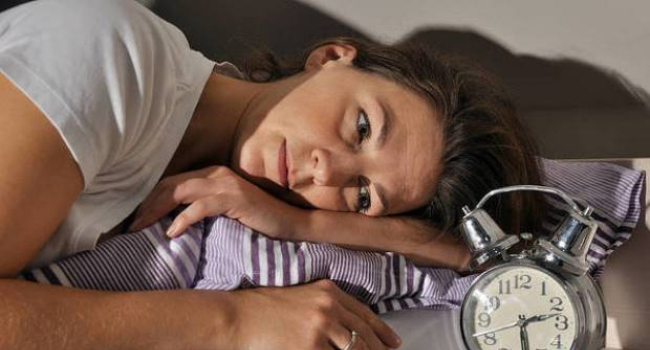According to the World Health Organization, one in three people worldwide experiences sleep disorders at some point in their lives. Understanding the impact of these disorders on other aspects of human life is of paramount importance, as it can serve as a foundation for developing new interventions aimed at improving not only sleep patterns but also overall health and quality of life.
Although the link between sleep disorders and hearing loss has been widely studied, the extent to which they influence each other remains poorly understood.
Some studies have shown that hearing loss can make it difficult for individuals to get a full night’s sleep, while others suggest that sleep disturbances may contribute to hearing damage. To gain a clearer understanding of the relationship between sleep disorders and hearing loss, scientists at the Chinese Air Force Medical University recently reviewed existing research on the topic.
Their paper, published in the journal Neuroscience, identifies key biological mechanisms underlying both sleep disruption and hearing loss, and offers insights that could inform the development of new treatments for sleep disorders.
The research team’s review of previous studies revealed that different stages of sleep can affect auditory perception in distinct ways.
For example, the ability to perceive sounds is significantly greater during non-rapid eye movement (NREM) sleep than during rapid eye movement (REM) sleep. Previous research has also shown that hearing loss can negatively affect sleep quality in individuals with hearing impairments. This may be because they are often more sensitive to background noise, which can make it difficult to fall asleep or cause more frequent awakenings during the night.
On the other hand, some studies have shown that sleep deprivation may increase the risk of hearing loss later in life. Although the mechanisms underlying this relationship are not yet fully understood, treating sleep disorders may, in some cases, also help improve hearing health.


